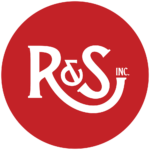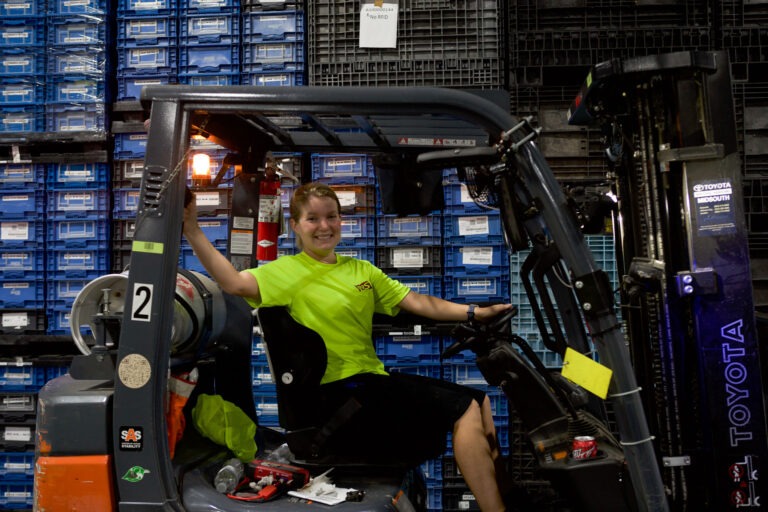Each year, R&S looks forward to the University of Tennessee Supply Chain Forum, which brings together professionals, academics, and students to discuss cutting-edge trends and the latest developments in supply chain management. It’s an opportunity for networking, career development, and learning from industry leaders and top researchers. This year’s meeting did not disappoint.
At the 2024 forum, one session focused on unlocking the potential of the Gen XYZ labor force. It was an informative session that gave great insight and left us excited about these workers. Below are important takeaways from the session that express the value this labor force will bring to the logistics industry.
Gen Z, individuals born between 1997 and 2012, is beginning to make it’s mark on the workforce, including in the supply chain field. As this generation enters the workforce, they bring distinct characteristics, preferences, and values that are reshaping the industry in several key areas:
- Gen Z is tech-savvy
- They’ve grown up with technology and are comfortable with digital tools and platforms. This familiarity enhances their ability to handle the increasing integration of automation, artificial intelligence (AI), machine learning, and data analytics in supply chain operations. They find new technologies exciting and are comfortable with digital communication, collaboration tools, and cloud-based solutions.
- Gen Z desires sustainability
- Environmental concerns are a top priority for Gen Z. In the context of supply chains, this means they prefer companies that prioritize sustainable solutions and transparency in their operations. Gen Z employees are more likely than previous generations to care about reducing waste, carbon footprint reduction, and ensuring fair labor practices.
- Gen Z prefers flexibility
- More than their predecessors, Gen Zer’s seek to maintain a work-life balance. Supply chain logistics often involves shift work and long hours. This generation often pushes for more flexible work schedules, remote work, or hybrid models, especially with roles that involve planning, procurement, and management.
- Gen Z collaborates
- Gen Z employees value communication and collaboration. They prefer workplaces that foster teamwork, transparency, and an open exchange of ideas. To accommodate these strengths, supply chain teams should emphasize clear communication channels and collaborative environments, especially given the complexity of global supply chains.
- Gen Z seeks career mobility
- Gen Z doesn’t tend to have the same job tenure compared to previous generations, as they often move between roles to advance their careers. However, this tendency can affect retention in supply chain roles, where expertise and experience are critical. To mitigate this tendency, employers should focus on providing learning opportunities, career advancement paths, and compensation packages to retain Gen Z workers.
Anticipating Challenges
Unique workplace challenges accompany every generation. To maximize the potential of Gen Z, R&S is learning that employers should:
- Focus on workforce retention: Supply chain jobs can have a high turnover, so we seek to find new ways to engage and retain Gen Z workers.
- Decrease skill gaps: Despite being tech-savvy, training and mentorship in traditional or complex areas of supply chain management is crucial for Gen Z workers.
- Be agile: This may mean rethinking management structures and offering more flexibility to meet the expectations of younger employees.
Because Gen Z seeks a supportive work environment with an uplifting culture, companies may want to evaluate everything from hiring practices to workplace policies and leadership styles.
Overall, Gen Z brings a mix of tech abilities, a desire for purpose-driven work, alongside flexibility, all of which will shape the future of supply chain industries. For employers, understanding and adapting to these needs is key to attracting and retaining these valuable workers.
At R&S, we’ve been grateful for the workers in this generation who bring new ideas, fresh skills, unique perspectives to our supply chain. We’re grateful for these workers and look forward to seeing the impact they’ll have on the future of the logistics industry.
For any rising Gen Z professionals that want to learn a bit more about what it’s like to work at R&S, we shared some information here.



